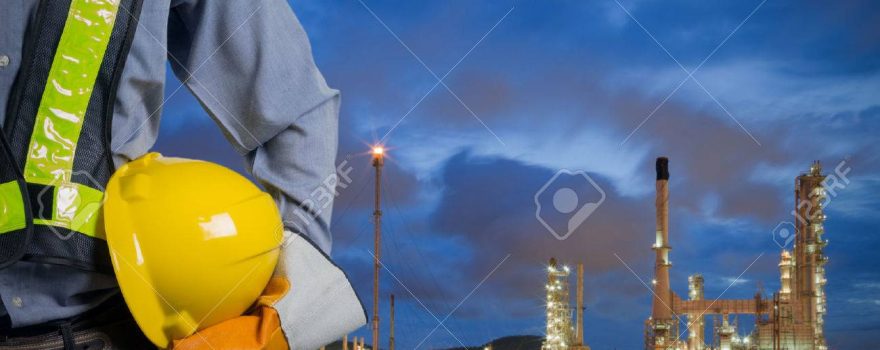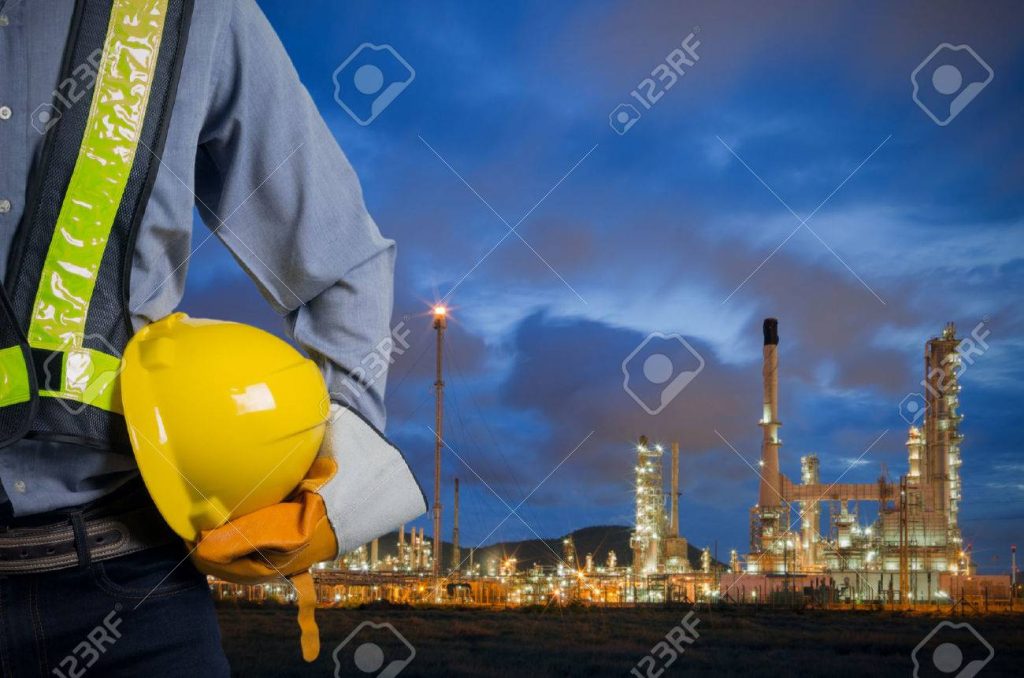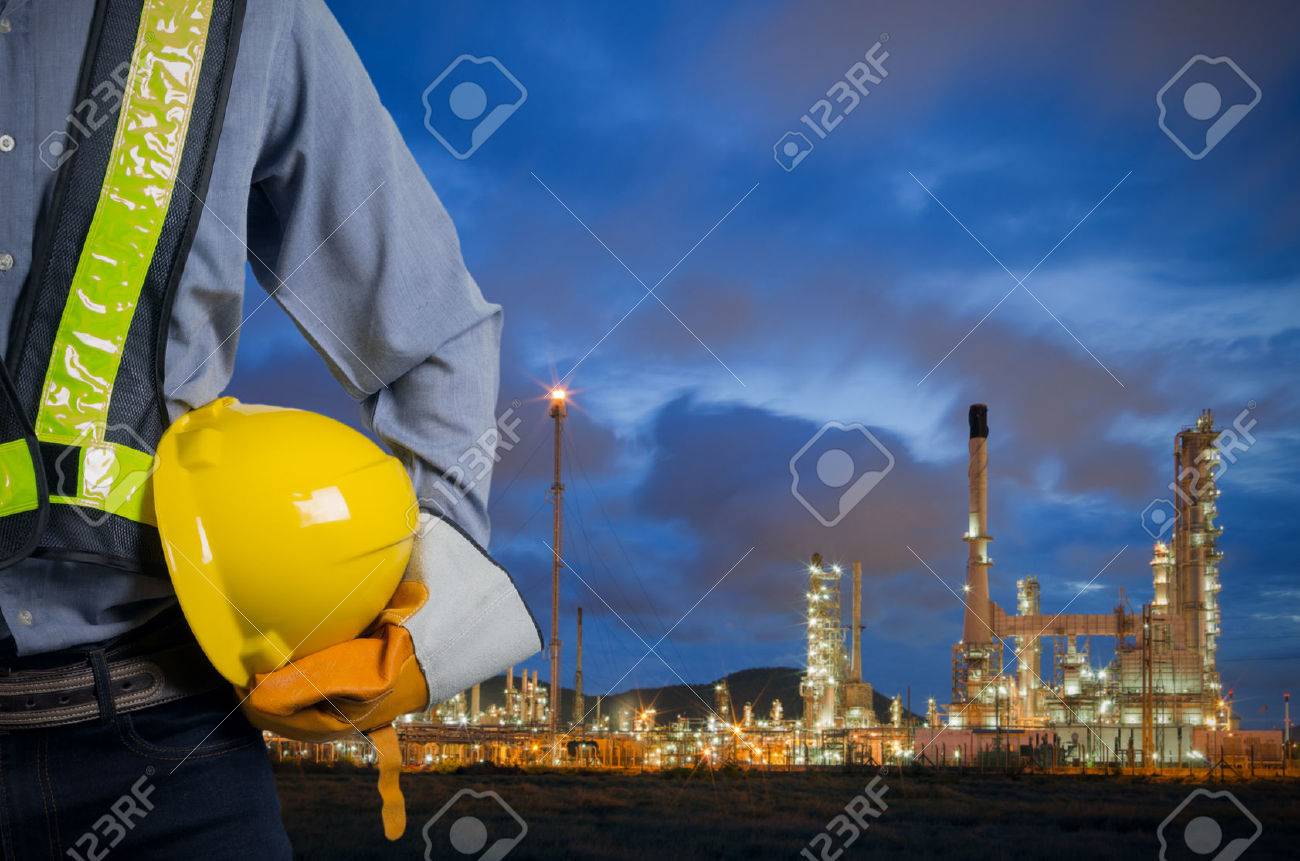

Older workers in demand as western companies prepare for biggest wave of new projects in decades
The nuclear power industry is seeking to lure back thousands of retired engineers and older professionals as western companies try to fill a skills gap to deliver the biggest wave of new projects in decades.
Reactor constructors are aiming to hire tens of thousands of employees as climate change concerns drive a revived interest in the low-carbon technology, according to developers and government officials.
Countries such as India, the US, France, Britain and Poland are also planning new orders amid jitters about energy security and the threat to gas supplies following Russia’s invasion of Ukraine.
Retirees with decades of experience are in demand as a result after a golden era for the sector that began in the late 1950s gave way to a decline following the 1986 Chernobyl disaster — a slump compounded by the meltdown at Japan’s Fukushima plant in 2011 after it was damaged by a tsunami.
“I loved my job,” said 69-year-old Jean-Marc Miraucourt, a former engineer at French state-owned nuclear operator EDF, who has advised the company on tenders and other projects since retiring in 2019. “Demand is greater now as we have concrete programmes. We know there are needs and it would be a shame not to share some of our experience.” Jean-Marc Miraucourt, 69, continues to advise EDF since retiring in 2019 © TOMA Miraucourt, previously a senior manager who worked on the launch in the late 1990s of the last EDF reactors to go online, is one of hundreds of former nuclear experts in France offering their services.
In France — Europe’s biggest nuclear power operator, with 56 reactors — the first new reactor in 25 years is about to be connected to the grid this summer, at Flamanville in Normandy. Setbacks in the project, which is 12 years behind schedule, have been partly attributed to a loss of skills, including among suppliers, after the western world cooled on new nuclear projects. This contrasts with a gradual build-up in construction capacity in China in recent years. Russia and Chinese reactors account for more than two-thirds of those being built around the world, according to the International Energy Agency. France is planning at least six new reactors for the late 2030s, which could rise to 14, while some countries that had decided to scale back their nuclear projects, such as Sweden and Japan, are reversing course.
The US, home to the world’s largest national fleet of 94 reactors, is also developing next-generation nuclear technologies and is among countries also seeking to produce smaller reactor models. The energy department estimates the industry will need an additional 375,000 workers by 2050. About 55,000 of those would be required by 2030, it said. Nuclear engineer Antony Woaye-Hune, 62, mentors new joiners at French start-up Newcleo © Olivier Ramonteu/FT The skills shortage has been partly driven by the retirement of a wave of baby boomers. Of the 60,000 extra full time hires in core nuclear jobs that will be needed in France by 2033, according to French trade body Gifen, half will be required simply to replace people leaving the industry.
Experconnect, an agency that specialises in placing retirees, said it had 1,600 ex-nuclear workers, from scientists to welders, on its books. “Demand has really grown,” said Marie-Pierre de Montessus, an energy expert at the agency. “With the nuclear winter we experienced, there were no investments and hiring was frozen. We now go and see the big companies and show them that the skills of retirees are worth their weight in gold.”
Source : https://www.ft.com/content/eb89cbc1-2cc3-48d4-9c8c-e2c10f2b2ce0

